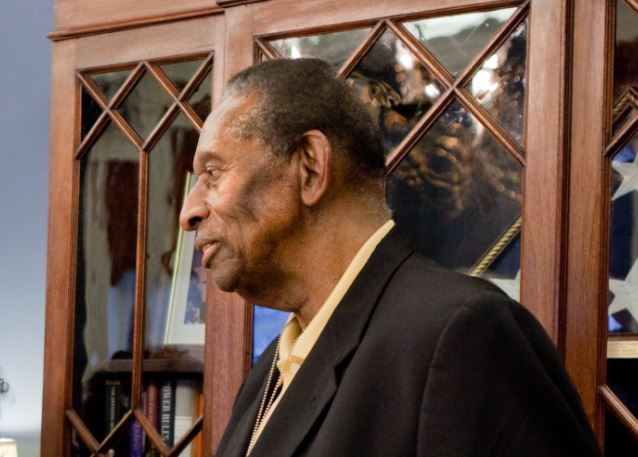2019 marks the 100th anniversary of the birth of Jackie Robinson, the baseball legend who, in 1947, broke the sport’s color barrier by becoming the first African-American in the major leagues. He’s a brave pioneer for sure, just like these other men and women who integrated their lines of work.

NBA
The NBA was only a few years old in 1950, the year it integrated. Two African-American players were picked in the 1950 NBA Draft. At #12, the Boston Celtics selected Duquesne standout Chuck Cooper, who’d also been the first black player to suit up in a game in the South. The Washington Capitols subsequently used the #100 pick to grab West Virginia State player Earl Lloyd. He made his NBA debut on October 31, 1950, and Cooper hit the boards a day later.
NHL
In 1958, African-Canadian winger Willie O’Ree was in his second season with the minor league Quebec Aces, when he got called up to the Boston Bruins in the middle of the season. He played in 45 games at hockey’s highest level, breaking its color barrier, and, like Jackie Robinson, enduring racially-based hostility from both fans and opposing players.
Hey, sports fans: Uncle John's Bathroom Reader Sports Spectacular is packed with impressive and record-breaking sports and games articles.
The American film industry
Noble and George Johnson founded the Lincoln Motion Picture Company in 1916 to make movies for, about, and with African-Americans. It’s the first movie company owned by African-Americans, and gave work to numerous black actors. It also employed Oscar Micheaux, who, with a resume of 44 full-length films (both silent and “talkies”) made between 1919 and 1948, was the first African-American feature film director in the U.S.
The U.S. Senate
After the end of the Civil War and constitutional abolition of slavery, African-Americans were free nationwide to not only vote but run for office, too. At the time, most states got their senators via election by state legislature, and in 1870 the Mississippi State Senate voted 81 to 15 for Hiram Rhodes Revels, who’d started schools for former slaves, to take a seat that had been vacant since Mississippi’s secession.
The executive circle
It’s best known for its role in the housing bubble and financial collapse of 2008, but a decade before that disaster, Fannie Mae made history in a much more positive way. The firm, whose full name is the Federal National Mortgage Association, appointed Franklin D. Raines its CEO and chairman. That made Raines the first African-American head of a Fortune 500 company.








